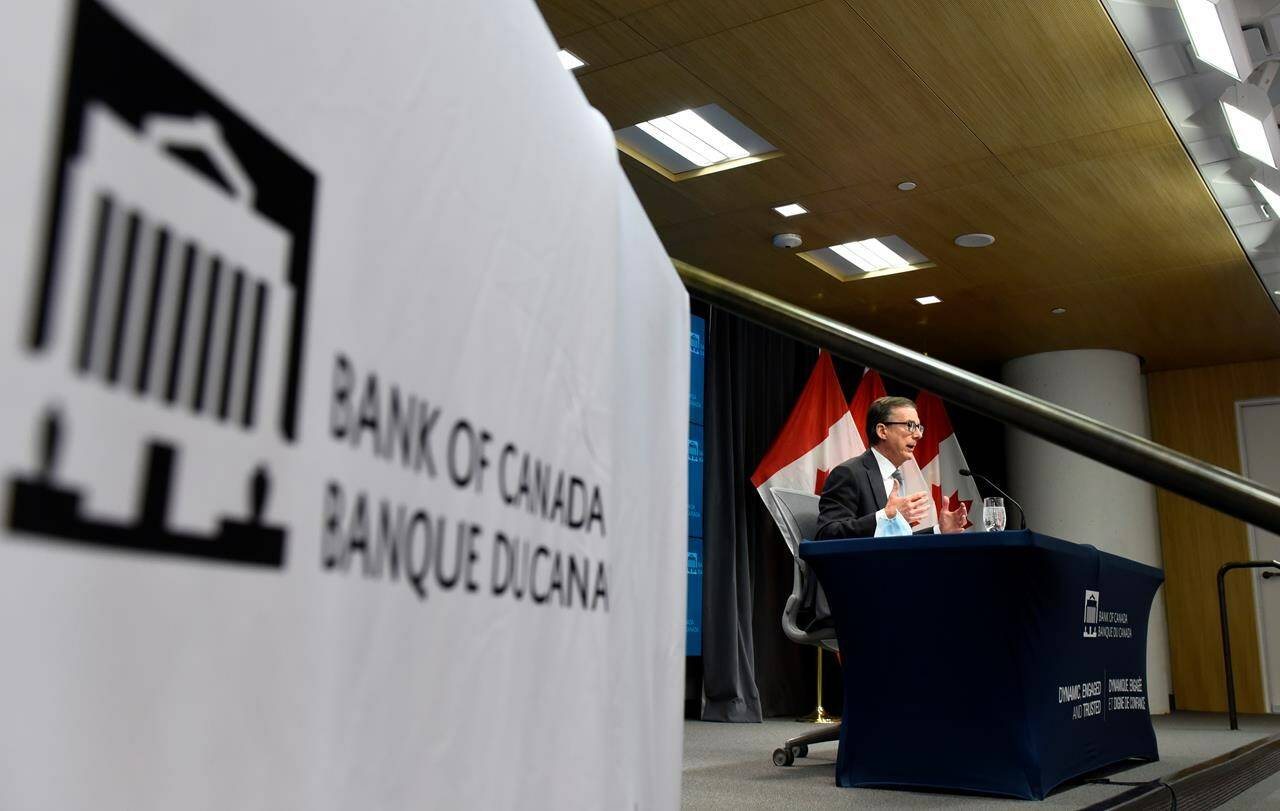Low-income Canadians are the hardest hit by high inflation and will be disproportionately affected by the impending economic slowdown, Bank of Canada governor Tiff Macklem said during a speech Monday.
While delivering opening remarks at a central bank conference on diversity, equity and inclusion, Macklem noted that high inflation has harmful and uneven impacts.
“High inflation affects everyone, but lower-income households feel the burden of high inflation the most,” the governor said. “Lower-income Canadians will also be disproportionately affected by the slowdown.”
He said the swift pace of the recovery and rebound in employment were mitigating factors for those most affected by the pandemic — low-income Canadians, youth and women.
“We are still learning about the longer-term effects of the pandemic, but the scarring we were worried about wasn’t as pervasive as we had feared,” he said. “Economic growth came roaring back quickly, and workers did not remain on the sidelines for long.”
The governor said there is “no easy out” to restore price stability but that the ultimate outcome of raising interest rates will be better for all Canadians.
The Bank of Canada has aggressively raised interest rates this year in response to inflation reaching highs not seen in nearly four decades. Since March, the central bank has raised its key interest rate six consecutive times, bringing it from 0.25 per cent to 3.75 per cent.
Higher interest rates are expected to cool the economy significantly, with a risk that the rapid rate hiking may push the economy into a recession.
Labour groups have been vocal about the Bank of Canada’s efforts to clamp down on inflation, raising concerns about what the slowdown will mean for workers.
The governor has previously said unemployment will rise as the economy cools but that its not expected to reach high levels by historical standards.
While not substitutes to higher interest rates, Macklem said increasing supply in the economy will help ease inflation, adding that the more that can be done to help supply grow the less demand will need to be suppressed.
Macklem also spoke about the inequities in the economics discipline.
Speaking to the theme of the conference, Macklem said economics is having a “Me Too” reckoning and acknowledged women in the field have to face the added burden of harassment.
He said he has worked to create a culture of respect at the Bank of Canada and acknowledged his female colleagues have faced harassment he has never had to face.
“Let me be clear. Harassment of any kind can never be ignored, or excused, or brushed away.”
Nojoud Al Mallees, The Canadian Press

